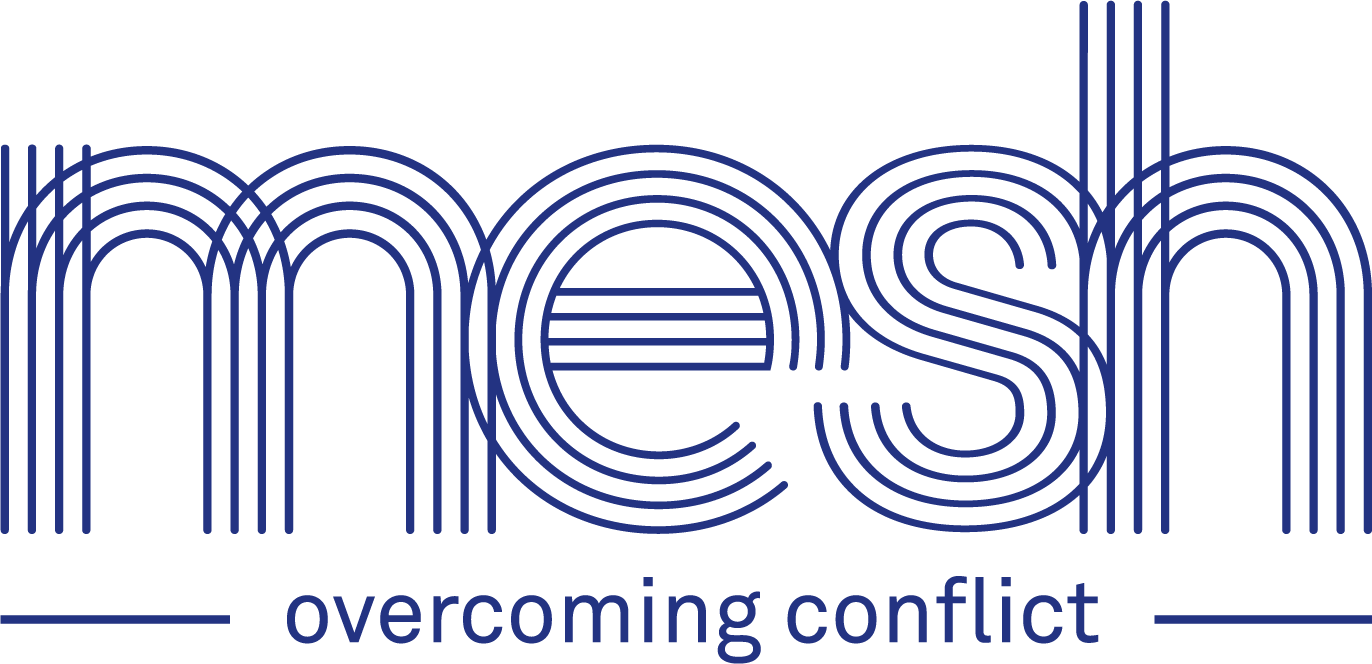In Praise of Conflict
There is a widespread belief that ‘co-operation is better than conflict’, but neither co-operation nor conflict is inherently ‘better’. Powerful elites are effective co-operators in the service of their own interests, often at others' expense. Scapegoating and bullying at work and in communities often depend on the co-operation of bystanders who fail to challenge wrongful behaviour. As Gandhi famously stated, “non-cooperation with evil is as much a duty as is cooperation with good.”
On the other hand, when conflict is handled skilfully and nonviolently it has great potential to enable constructive change. In our personal relationships, we often rely on conflict to reveal unmet needs and to deepen our understanding and care for each other. It is only when a lover or a friend objects to some of my thoughtless behaviour, and requires me to change, that our relationship can improve. Without the capacity to work constructively with conflict, marriages or friendships quickly become stuck in patterns of behaviour that frustrate intimacy and growth.
Similarly, significant social change usually requires challenging existing power structures, which means intensifying conflict rather than avoiding it. The US civil rights movement of the 1960s adopted a strategy of deliberately provoking conflict with enormous success. Black Americans made the racist structures of their society visible through marches, Freedom Rides and sit-ins. By transgressing the limits of what they were permitted to do, they provoked a response, which was often violent and sometimes murderous.
This strategy attracted plenty of criticism at the time, including from many liberals who were dismayed at the level of conflict, and who argued that Black Americans should avoid confrontation and simply be more patient. Martin Luther King’s response has become a classic statement of active nonviolence:
"Structures of evil do not crumble by passive waiting. If history teaches anything, it is that evil is recalcitrant and determined, and never voluntarily relinquishes its hold short of an almost fanatical resistance. Evil must be attacked by a counteracting persistence, by the day-to-day assault of the battering rams of justice. “We must get rid of the false notion that there is some miraculous quality in the flow of time that inevitably heals all evils. There is only one thing certain about time, and that is that it waits for no one. If it is not used constructively, it passes you by.” (Where Do We Go from Here: Chaos or Community? 1968)
Frequently, a lack of confidence in dealing with conflict leads us to try to avoid it at all costs; but conflict avoidance has its own dangers. It can lead to unresolved resentments and erosion of trust. The fear of confrontation may prevent us from challenging domineering behaviour, allowing the most opinionated or aggressive individuals to dominate a group. Perhaps we need to rediscover the insight that peace is not the absence of conflict, but a continual process of nonviolent and creative conflict resolution.
Conflict is difficult to deal with. For most of us it is deeply uncomfortable and disturbing. But it is both inevitable and necessary in any relationship and any genuine community. The successful resolution of conflict depends on a refusal to resort to violence or dehumanising language, and a willingness to listen carefully to the real needs of the other. It also requires the courage to speak up when something is wrong, to express our own needs clearly and honestly, and to refuse co-operation with unjust situations. These are skills that can be learned. As a trainer for the local charity CRESST, which teaches mediation skills to school pupils, I have seen children as young as ten become remarkably skilled at resolving conflict. In a culture that valued peace, we would be teaching and practising conflict resolution skills at all ages, in all of our communities.
For more tips and advice on mediation and conflict resolution, follow MESH on Facebook and LinkedIn. Links to our social media pages can also be found on the homepage of our website.

